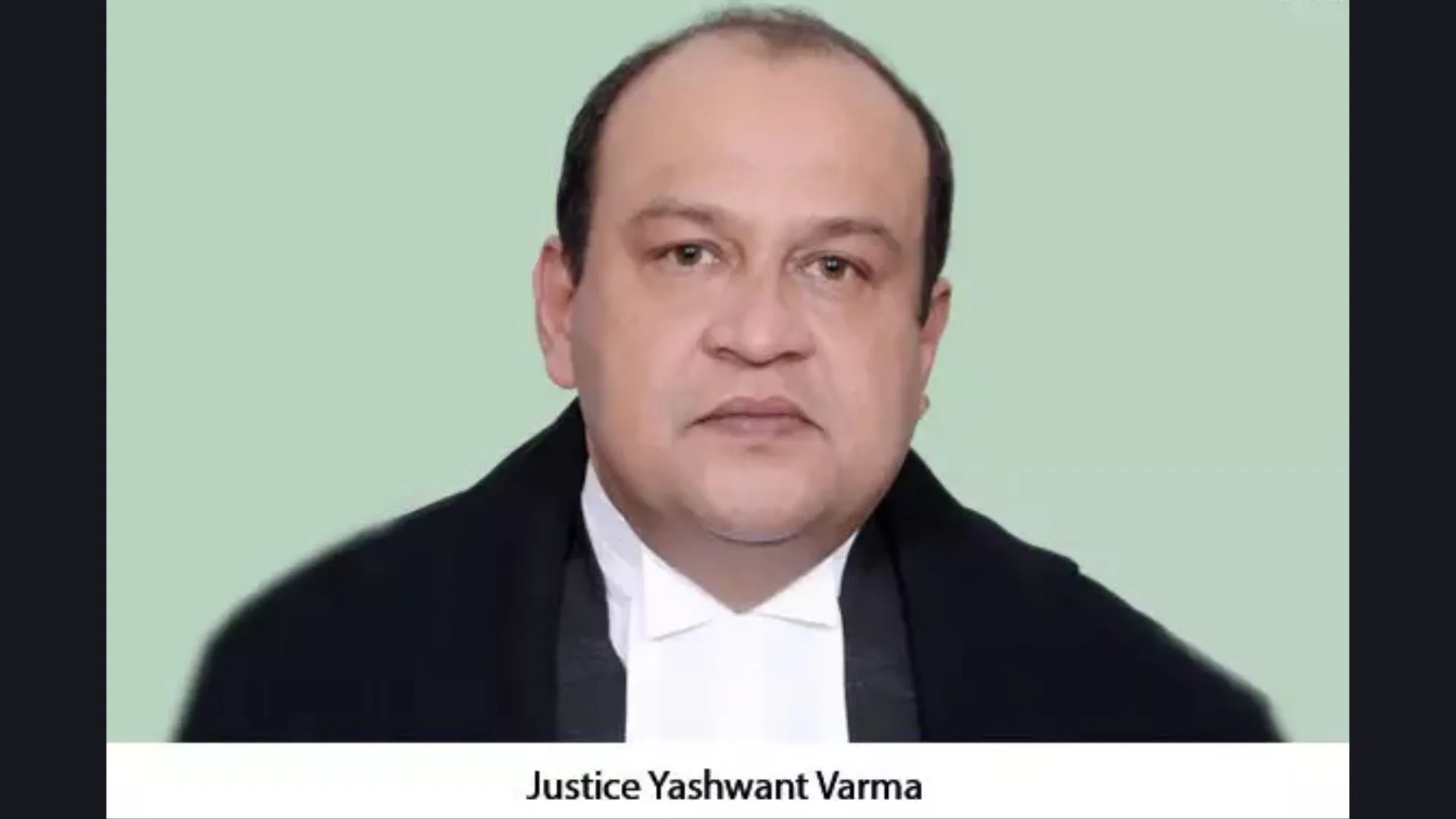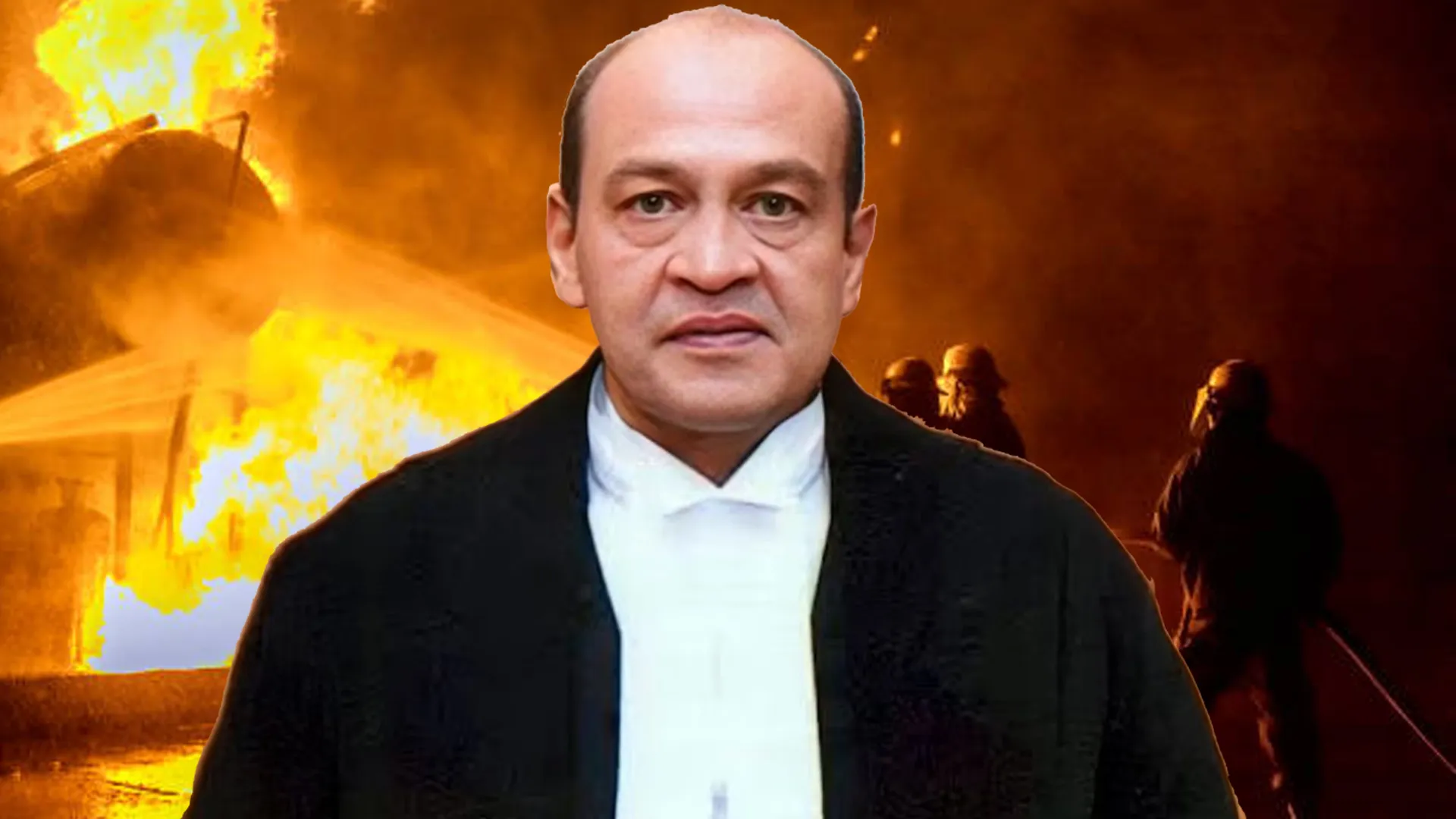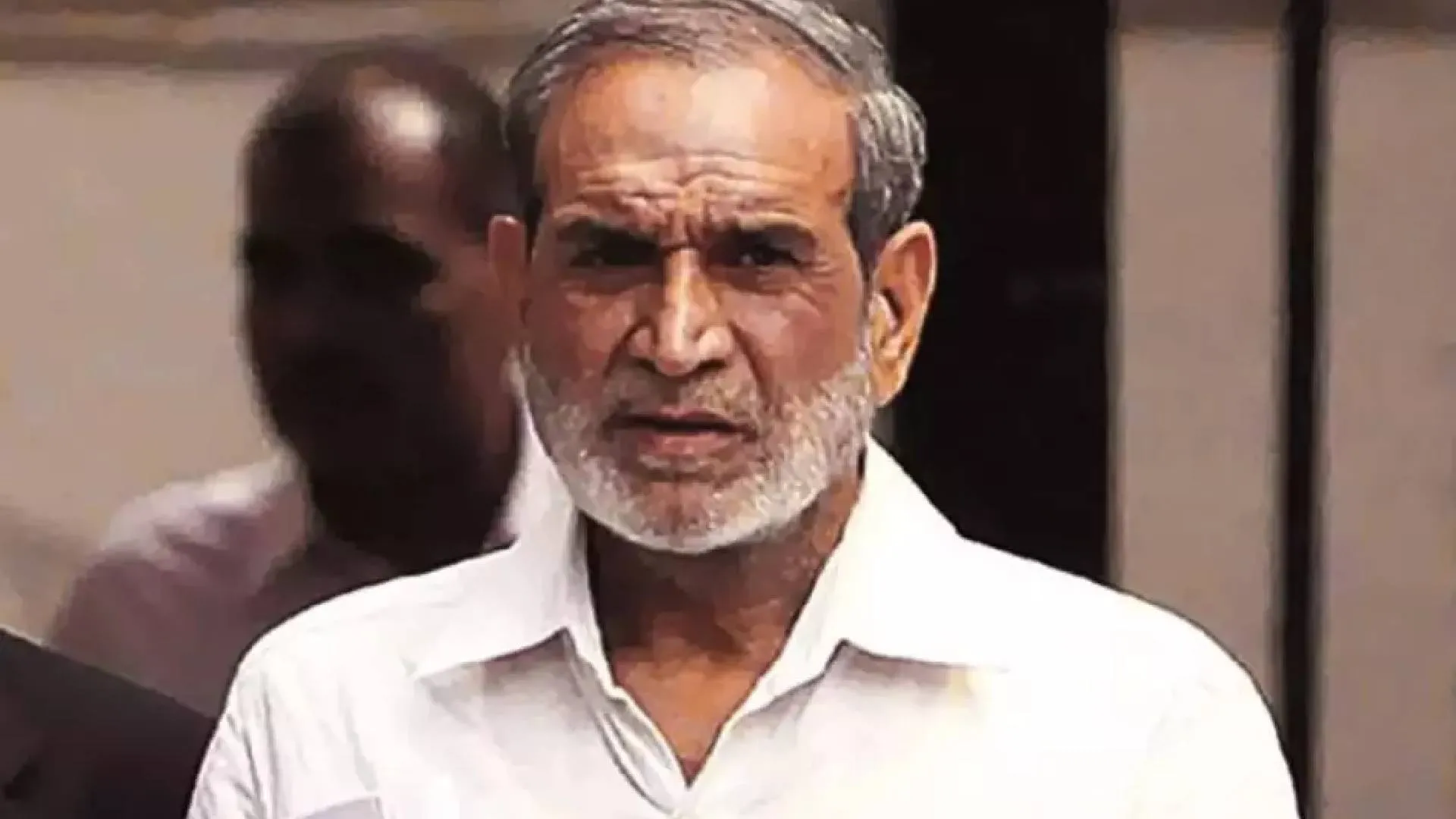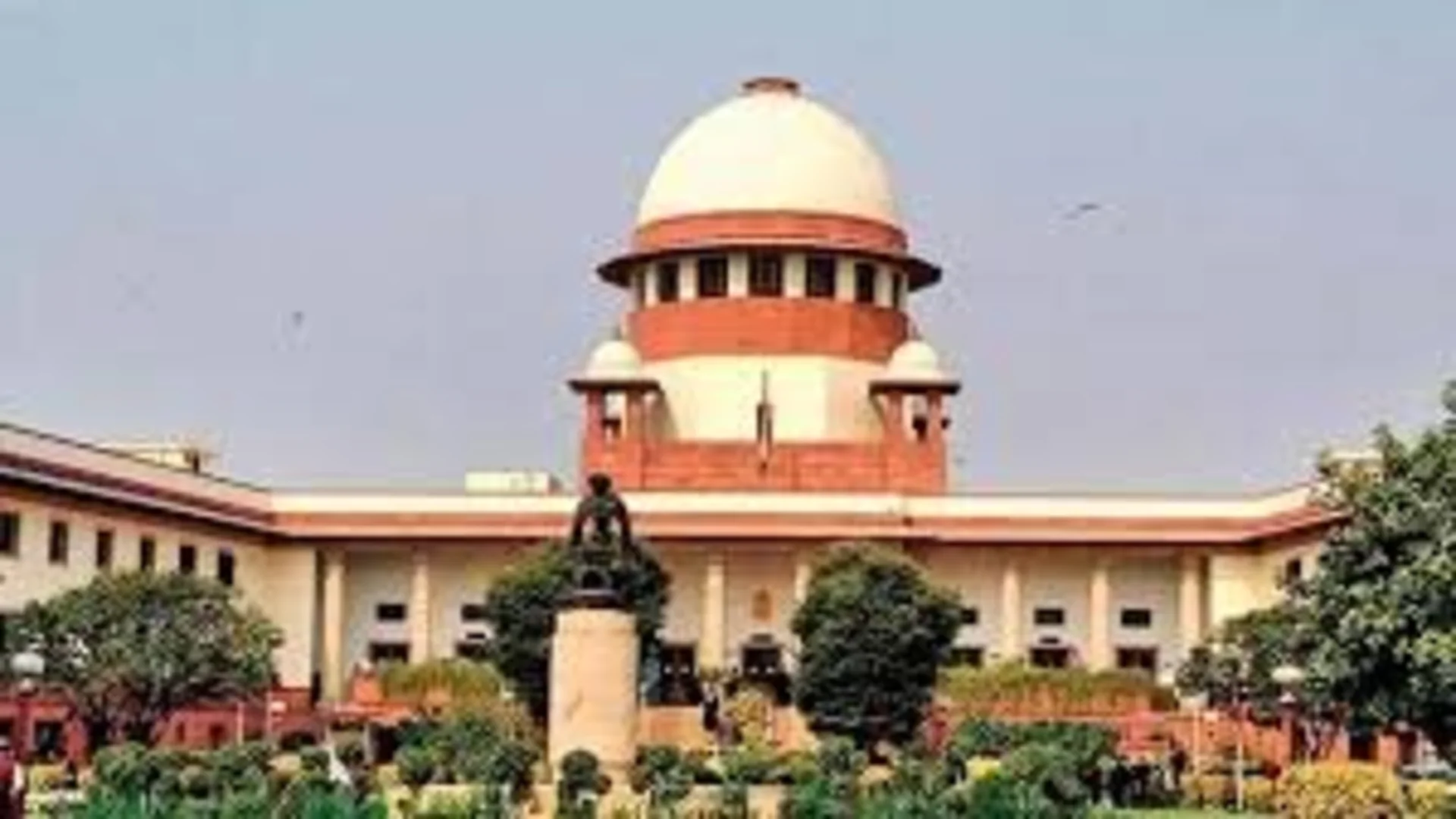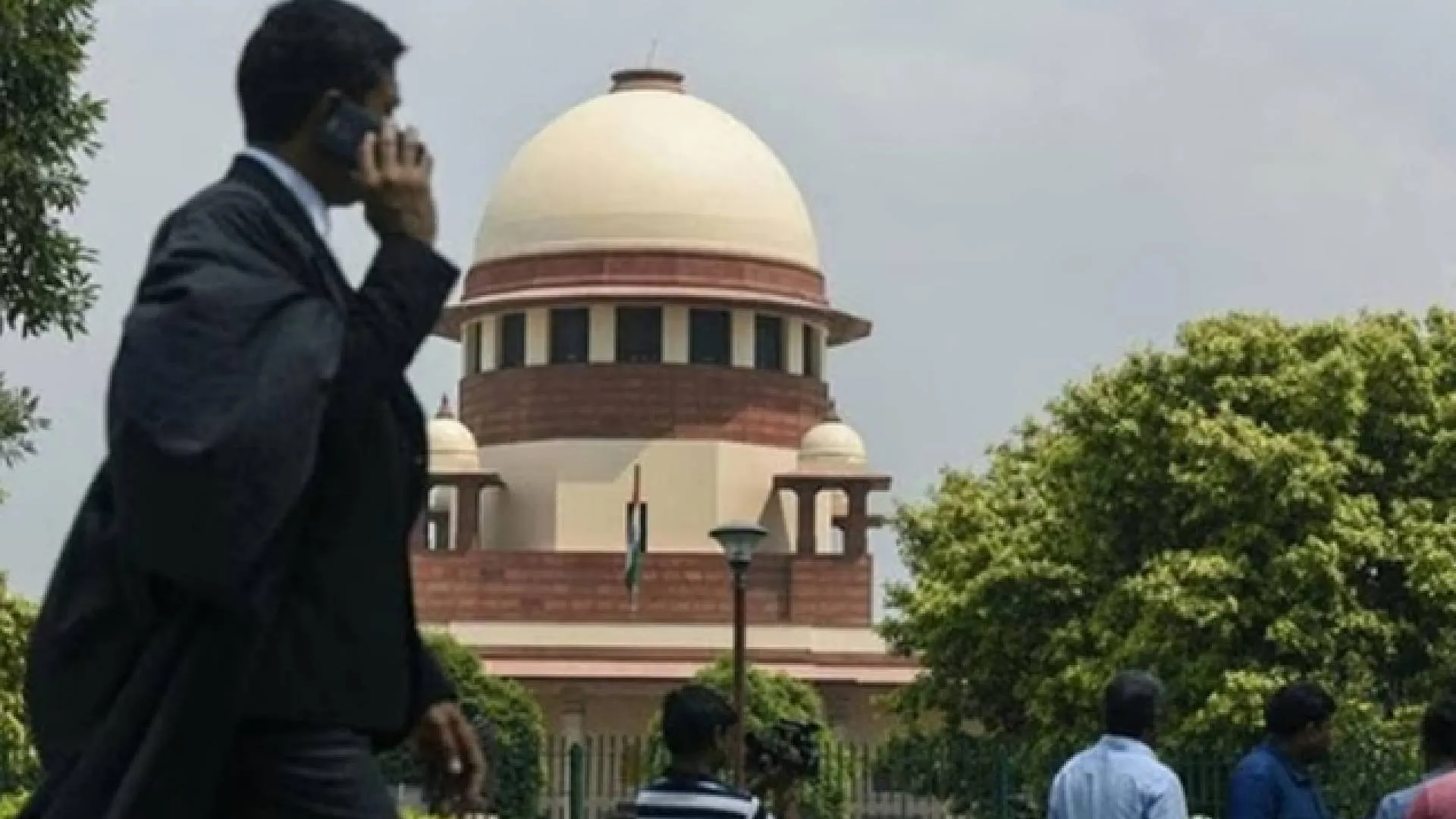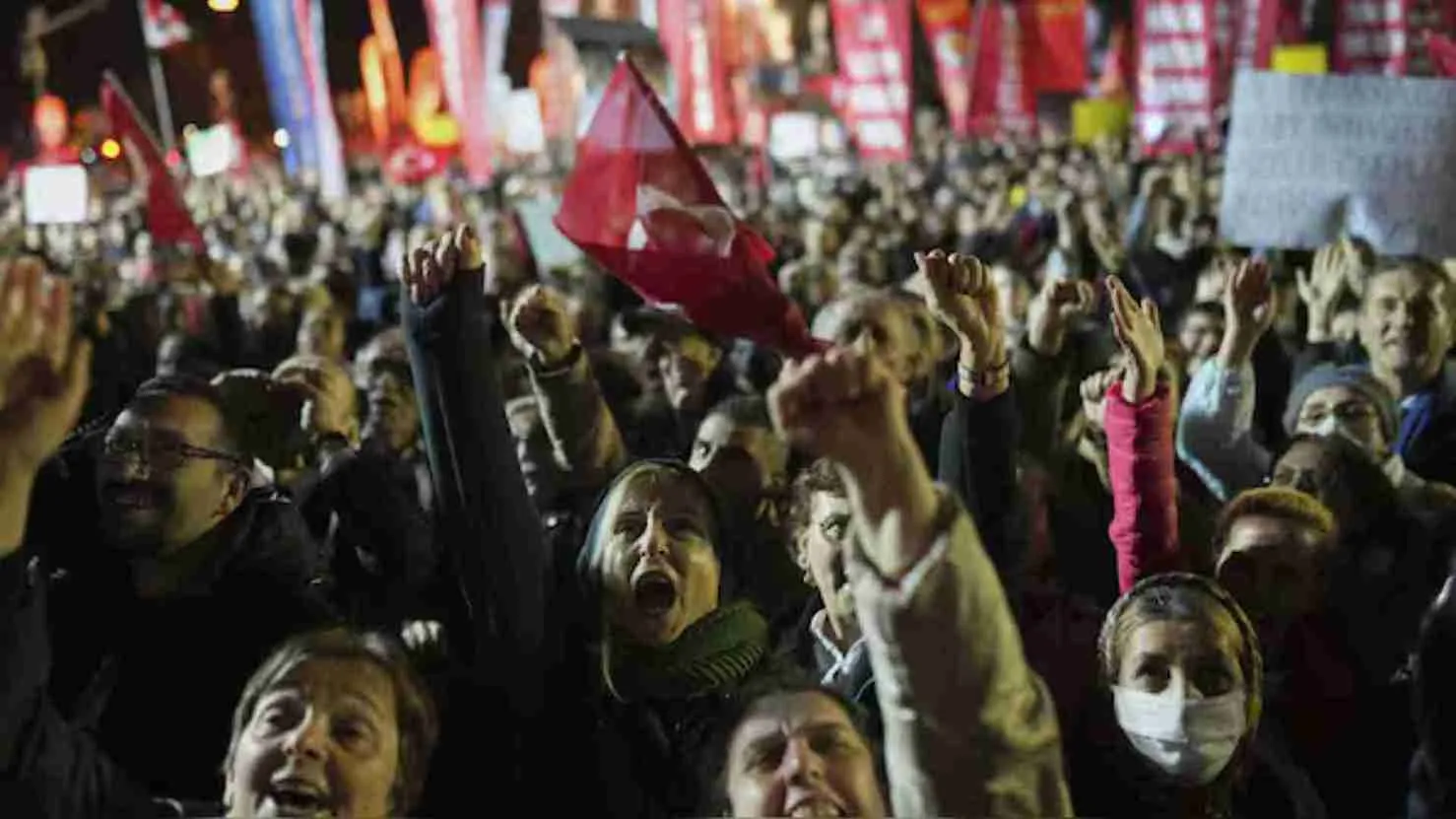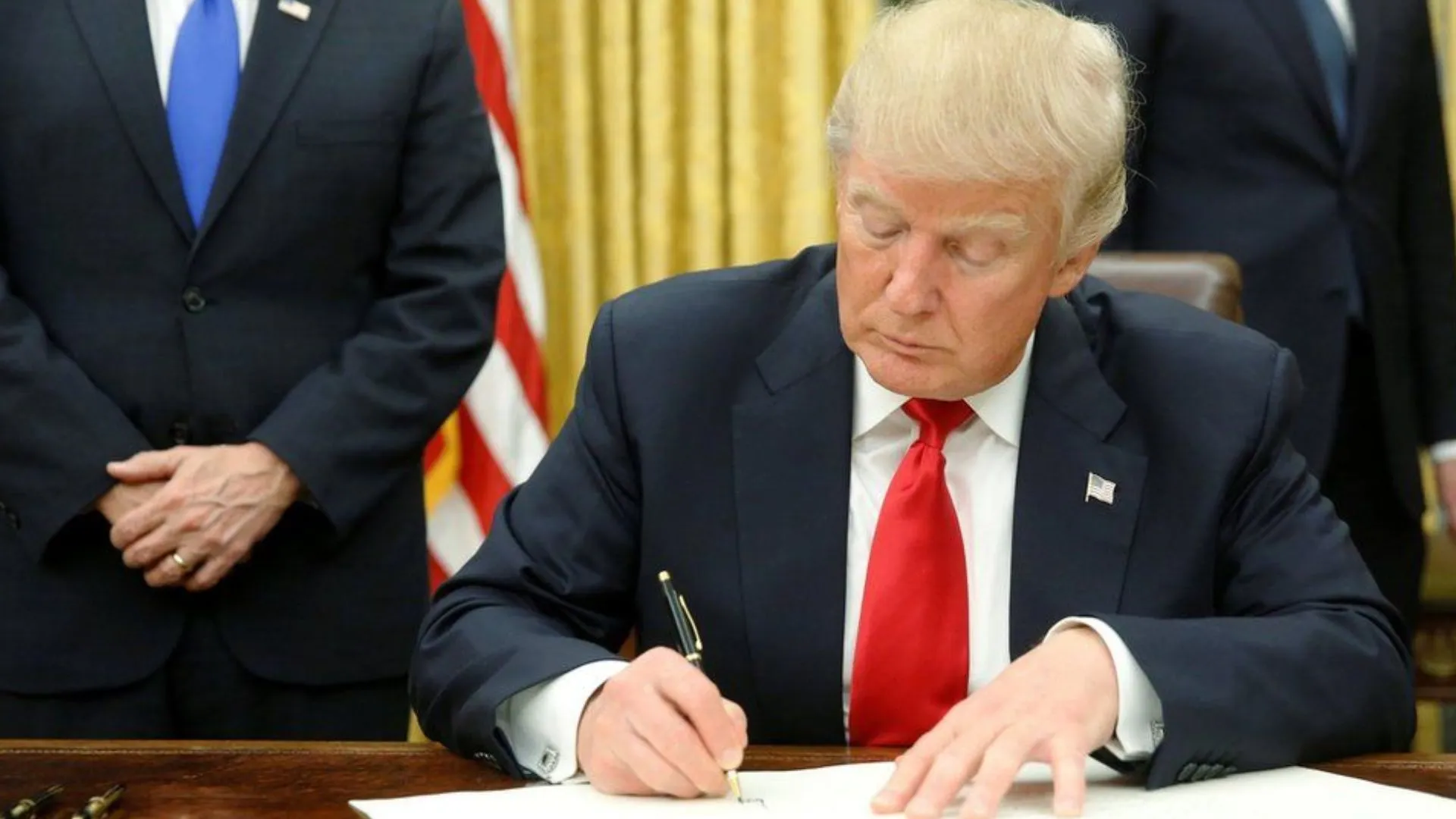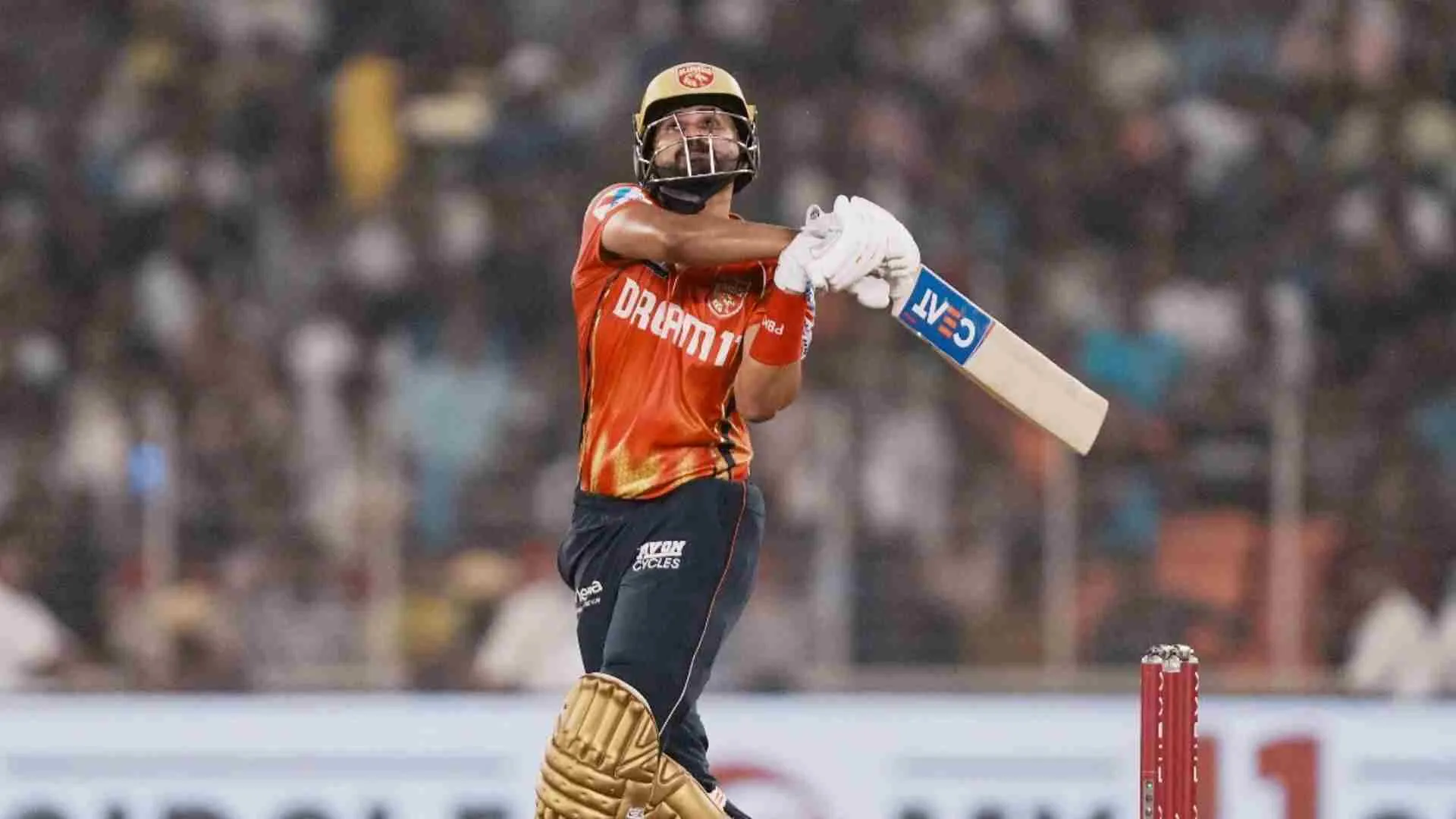At the “Legally Speaking” event organized by NewsX, prominent parliamentarians Kalanidhi Veeraswamy (DMK), Sasmit Patra (BJD), and P.P. Chaudhary (BJP) engaged in a robust discussion on the potential implications of delimitation on the North-South balance in India’s Parliament. The dialogue delved into demographic disparities, representation concerns, and the necessity for equitable governance.
Demographic Disparities and Representation
Kalanidhi Veeraswamy highlighted Tamil Nadu‘s demographic evolution, noting that the state’s fertility rate has declined from over 3 to 1.7, a trend common among southern states. In contrast, states like Bihar and Uttar Pradesh maintain higher fertility rates around 2.7. He emphasized that the postponement of delimitation since the Emergency era has led to imbalances in representation, underscoring the need for a census to inform the delimitation process
“The point about the delimitation since emergency, it has been postponed for like 25 years. Census should have been conducted in 2021. 2002 Delimitation commission that after 2026 the census should be done and only after that the delimitation process should be exercised.” He added.
Constitutional Equality and Caste Census
Sasmit Patra saidm “No, any govt. whether in the center from whichever party can really afford to neglect a state in federal form of govt. we have.” He underscored the importance of equality as enshrined in Articles 14, 15, and 16 of the Constitution. He advocated for a caste census to accurately identify reservation proportions and inform welfare measures, noting that current programs rely on outdated data from the 2011 Socio-Economic Caste Census.
“The biju janta dal and leader former hon’ble cm shri Navin Pathnaik has always battled for caste census. All welfare programmes of the country stems from which socio-economic caste census survey that was done in 2011. Today all the measures whether there is Pradhan Mantri awas yojana, various schemes still draws details from SECC. More than caste census for political reasons, caste census is essential to identify reservation and the proportions, welfare measures, social justice,” he added.
Population Growth and Effective Representation
P.P. Chaudhary addressed concerns about population growth, asserting that India’s demographic planning should focus on effective representation. He cited disparities in voter populations across constituencies, suggesting that increasing the number of Lok Sabha MPs could enhance representation. Chaudhary stated, “This formula is required to be devised. It is for the delimitation commission and law-making authority.”
Chaudhury explained, “In India the population is planning and we have to make the best for it. The statement made by Mohan Bhagwat is perfectly correct. So far is the India perspective is concerned. Overall, there’s nothing to do with the religion or anything other. So far as the population is falling so far India is concerned if you compare it with other year, so that’s why it is relevant statement made in this perspective. Some of the state there are 16 lakhs voters but as far as my constituency is concerned, we are having around 22 lakhs voters, so if you want to have the effective representation of the member of parliament it deals with the constituencies, there must be more Lok sabha MPs. he added.”
Evaluating Parliamentary Efficacy
Patra raised a critical point about the lack of studies evaluating the performance of MPs relative to their constituencies’ populations. He advocated for a focus on the efficacy and effectiveness of representation rather than merely increasing numbers. “What is the right mix, ratio of a population vs one member of parliament… Instead of looking at the no. from the perspective of volumes rather looking at efficacy, and effectiveness.”
Balancing Representation
Veeraswamy expressed concerns that an imbalance favoring northern states could lead political parties to neglect southern constituencies. “Whole purpose of the census exercise is to ensure the target people,” he added. “The representation of the people adequately should be done where the no. of population should be counted. When we look into US system of elections they have the electoral column,” Veeraswamy pointed out. The balance of 423 MPs come from northern states, and for any political party forming a govt. may not bother about the 423 MPs, they can focus on the 423 constituencies, he added.
Chaudhary emphasized the need for a balanced approach, suggesting that the delimitation commission and legislative authorities devise a formula that ensures justice for all regions.
Federal Priorities and Social Narratives
Patra asserted that no central government can afford to neglect any state within India’s federal structure. He also noted that narratives emerging from census data often serve varied political agendas. “Once you belong to SC/ST class the reservation is already there. No purpose will be served for the caste census,” he said. “In the census/ caste census, many narratives would be drawn, each suiting to one selves,” he added.
Also read: Former Judge Rajesh Tandon Cites Cites Mudgal Judgment, Backs UCC
The discussion illuminated the complexities surrounding delimitation, highlighting the necessity for a balanced approach that upholds constitutional equality and ensures fair representation across India’s diverse regions.


